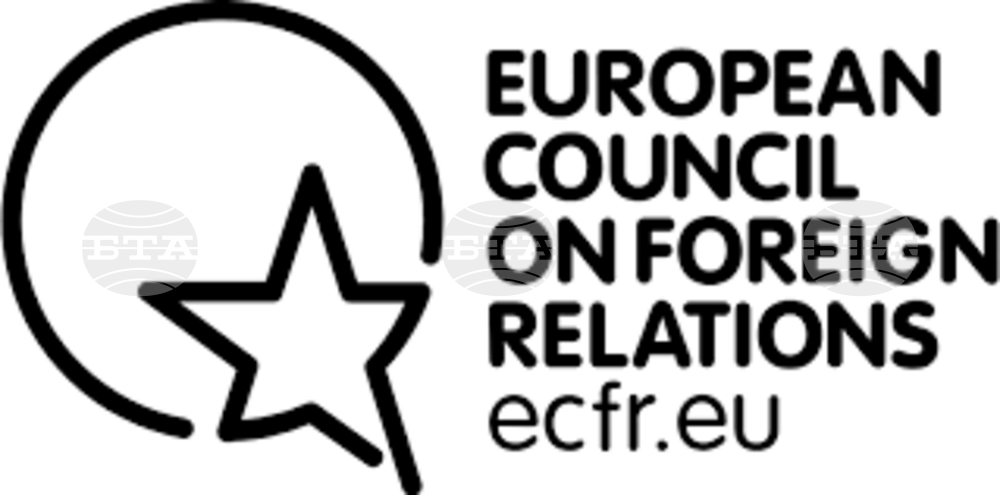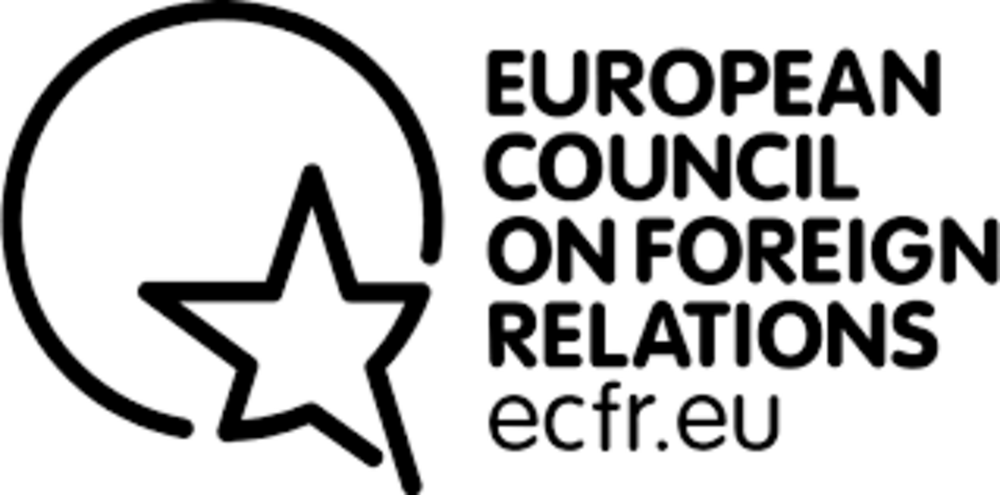site.btaUkrainian Optimism Clashes with Bulgarian, European Scepticism ahead of NATO Summit, Shows ECFR Survey


Centre for Liberal Strategies’ Board Chair Ivan Krastev and European Council on Foreign Relations (ECFR) Director Mark Leonard are the authors of the new ECFR research conducted in Ukraine and 14 other European countries (including Bulgaria) on Ukrainian and European views of Russia’s war on Ukraine, published on Tuesday on the Council’s official website.
Except Bulgaria and Ukraine, the countries surveyed were the Czech Republic, Estonia, France, Germany, Great Britain, Greece, Italy, Poland, Portugal, the Netherlands, Spain, Sweden and Switzerland. The results of the survey were published on the eve of 2024 NATO Summit which will take place in Washington D.C. on July 9-11.
The research reveals that Ukraine’s determination to fight and European support for arming Ukraine have not been affected by Russian advances on the battlefield but lurking beneath the appearance of unity is a major divide between the defending country and Europe on how this war should end and what the allied support is destined to achieve. While Ukrainians want more weapons and ammunition to help them win the war, most Europeans want to give Ukraine weapons and ammunitions in order to put Kyiv in a better negotiating position to end the war. And, while Ukrainians think they should be given membership of the EU and NATO to mark their victory, most Europeans see this as part of a settlement.
Bulgaria is only one of three countries (with Italy and Greece) where the majority of people are opposed to the idea of increasing the supply of weapons and ammunition to Ukraine.
European opinion remains strongly divided between and within countries. At the beginning of the conflict, polling for ECFR suggested the existence of two main opinion groups across Europe – those who wanted the war to end as soon as possible (the “Peace camp”) and those who wanted Ukraine to defeat Russia (the “Justice camp”). In some “Swing states”, neither group prevailed.
ECFR’s latest poll suggests these groupings still exist: Bulgaria, Greece, and Italy are firmly in the Peace camp, five countries are in the Justice camp (Estonia, Great Britain, Poland, Portugal, and Sweden), and six are in the middle (Czechia, France, Germany, the Netherlands, Spain, and Switzerland).
Bulgaria, Greece and Italy are among the most sceptical that Ukraine can prevail, even if Kyiv were to receive increased military deliveries. Absolute majorities in these countries also believe that Europe should push Ukraine towards negotiating a peace deal. Their views may reflect worries more akin to those generated by the first world war – that the EU and NATO could sleepwalk into another devastating all-out conflict, ECFR said.
While most surveyed countries support Ukraine’s EU membership bid, those unconvinced by it include Bulgaria, Czech Republic and Germany.
Taking together those who agree that Ukraine’s EU accession would help bring an end to the war in Ukraine, and those who say membership would make the EU more secure, such security-minded respondents account, on average, for 17% of the total national populations surveyed – ranging from 7% in Bulgaria to 26% in Portugal. Europeans do not anticipate that Ukraine’s EU accession will be fast-tracked. This may reflect the fact that they expect membership to form part of an eventual peace settlement. Scepticism about a rapid Ukrainian pathway is greatest in countries such as Germany, Bulgaria, and the Czech Republic: in all three countries, around half of respondents believe Ukraine may enter the EU in more than five years, or never.
According to the survey, many European citizens do not agree that the war in Ukraine involves Europe directly. In every country polled, a prevailing view (and usually a majority) believes that Europe is not at war with Russia. In some of the countries where the public are keenest on ending the war – such as Bulgaria, Greece, Italy, Spain – more people think the US or NATO are at war with Russia than Europe.
/RY/
news.modal.header
news.modal.text